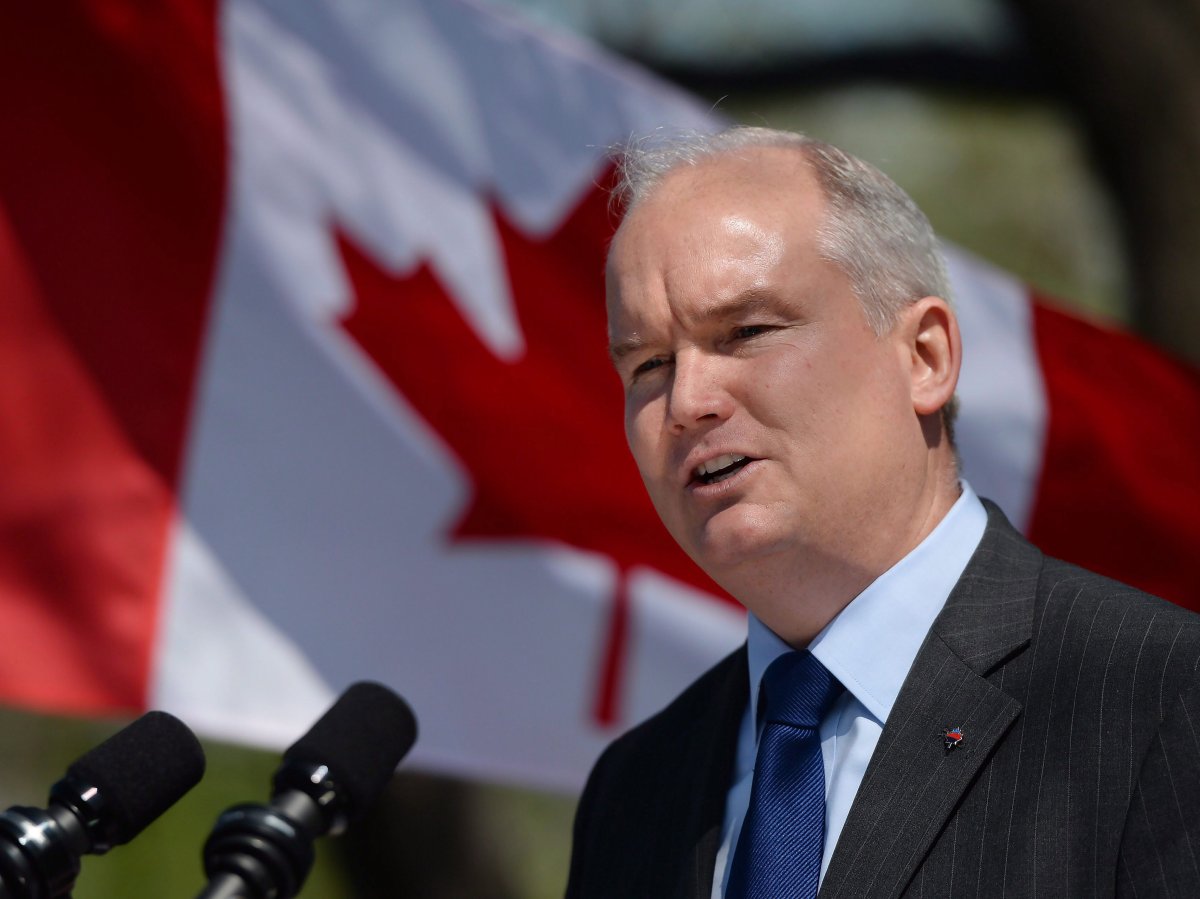TORONTO – In their rush to placate disgruntled veterans in the run-up to Monday’s election, the Conservative government broke federal Treasury Board rules that require public consultation on new measures, says an advocate for ex-soldiers.

Regulations putting in motion new benefits for the most critically-injured soldiers were posted in the Canada Gazette on July 16, just a few weeks before the federal call.
According to treasury board guidelines, the regulations should have been put out for public comment before being finalized, says Sean Bruyea, who fought a high-profile court battle with the government after his private medical reports were spread around the veterans department.
He says the government likely skipped the step because it appears the new measures are restrictive and probably won’t help as many people as expected.
WATCH: A closer look at the 2015 Federal Election
The rules flesh out details of legislation passed as part of the government’s last federal budget omnibus budget bill, which cleared the House of Commons in June.

Get breaking National news
A spokeswoman for Veterans Affairs says cabinet has the power to exempt some proposals from consultation, but Janice Summerby did not confirm whether that happened in the case of the new benefits.
She did say there was outreach to advocacy groups at a regularly scheduled meeting at the end of May on one important aspect the legislation, namely a $70,000 critical injury benefit.
“Feedback received was generally positive,” she said in an email response. The veterans department “has further committed to providing additional information and to answering questions on these regulatory changes at regular meetings with stakeholder groups.”
In general Summerby says the government’s overhaul was based on suggestions from difference sources, including the veteran’s ombudsman.
Whether that meets the standard for public consultation under federal rules is unclear.
Based upon his review of the regulation and a crunching of publicly available veterans affairs data, Bruyea estimates the government’s changes will affect as few as 1,238 veterans and family members over 10 years.
READ MORE: Prime Minister Trudeau? Ipsos poll suggests Liberal win, but margin of victory hinges on turnout
Veterans Affairs Minister Erin O’Toole introduced a series of measures last spring to address frustration and unrest among former soldiers, a crucial Conservative voting block. The changes included a new retirement security income benefit, a family caregiver benefit, improvements to support for reservist and the critical injury program.
Bruyea says no one in the veterans community asked for the $70,000 Critical Injury Benefit, a tax-free lump sum award for soldiers injured in the line of duty, and contends it is not based on any “scientific research, best practices, stakeholder input or even common sense.”
Bruyea also says the rules for the benefit are so restrictive that only an estimated 112 soldiers will qualify retroactively and the program is only for physical injuries, not post-traumatic stress.
They were “politically-designed programs to meant provide minimal care at minimal cost with maximum PR impact,” he said.







Comments